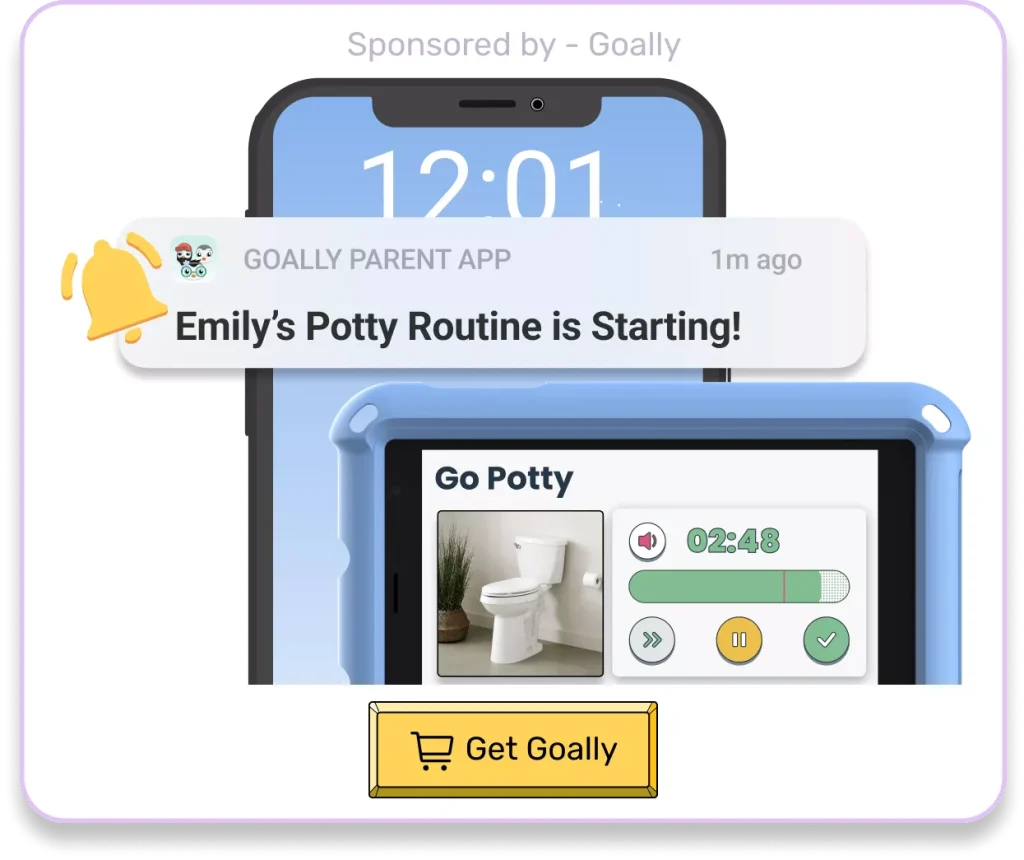Curious about autism and wondering if you or a friend might be on the spectrum? You’re in the right place! We’re here to guide you through understanding autism and what it means for you, with the help of our autism test for kids. Together, we’ll explore ways to thrive in a world that may not always understand neurodiversity.
Table of Contents
What is Autism?
Autism, or Autism Spectrum Disorder (ASD), is a neurodevelopmental condition that affects how people communicate, interact, and experience the world around them. It’s called a “spectrum” because it varies greatly from person to person. Some people with autism may have a harder time with social situations, while others might have unique interests or talents.
- Difficulty with social interactions and communication
- Repetitive behaviors or routines
- Unique interests or talents
- Sensitivity to sensory input (e.g., sounds, smells, or textures)
Autism is more common than you might think, affecting 1 in 54 kids in the United States. Remember that autism is not a disease or something that needs to be “cured.” Instead, it’s a natural variation in how our brains work and process information. Embracing neurodiversity is key to understanding and accepting people with autism.
Exploring the Science Behind Autism
Autism is a complex condition, and researchers are still working to uncover its causes and underlying mechanisms. While the exact cause of autism is unknown, several factors have been linked to its development:

- Genetics: Numerous genes have been associated with autism, and it often runs in families.
- Environmental factors: Some studies suggest that factors such as maternal infections during pregnancy or exposure to certain chemicals may increase the risk of autism.
- Brain differences: Research has found differences in brain structure and function in people with autism, which may contribute to the unique traits associated with the condition.
Despite ongoing research, we still don’t know much about autism. However, understanding the science behind the condition can help us better support and accommodate individuals on the spectrum.
Read More: What Does on the Spectrum Mean?
Understanding the Autism Diagnosis Process
Are you concerned your child or a friend’s child might be on the autism spectrum? It’s crucial to get a professional evaluation. The autism test for kids isn’t a one-step thing—it involves several experts like psychologists and occupational therapists who use various methods to understand your child’s unique interactions with the world. It’s all to help identify any specific needs they might have. And for all the parents using Goally, it’s another step to supporting your kiddo in being their best self! Keep being awesome, and remember, we’re navigating this journey together!
Goally | Visual Scheduler for Autism
Does your child struggle with getting ready in the morning independently? Goally’s routine app on the best tablet for kids breaks down large tasks into small, achievable steps for autistic kids. Create custom routines with your own videos & pictures for every step.
- Initial screening and referral: A primary care doctor or school counselor may ask questions about your developmental history and current behaviors. If they suspect autism, they’ll refer you to a specialist.
- Comprehensive evaluation: Specialists will assess your communication, social, and behavioral skills through interviews, observations, and standardized tests.
- Diagnosis and support planning: If you’re diagnosed with autism, your healthcare team will work with you and your family to create a support plan tailored to your needs.
Receiving an autism diagnosis can be a life-changing event, but it’s essential to remember that it’s just one aspect of who you are. With the right support and resources, you can continue to grow, learn, and thrive.
Leading a Fulfilling Life With an Autism Diagnosis
It’s essential to remember that having autism doesn’t define who you are. People with autism are as diverse and unique as anyone else. What’s important is understanding and embracing your differences and finding ways to thrive in a world that might not always understand you. So, whether you’re a math whiz, a talented artist, or a great friend, your strengths and abilities make you who you are.
Knowing that many people with autism create fulfilling, happy lives is so important! They’re diving into careers, enjoying hobbies, and forming relationships like everyone else. By embracing support and focusing on strengths, overcoming challenges and achieving goals becomes doable. And don’t forget, you’re not alone! A whole community, including us at Goally, is cheering on and supporting you and your uniquely beautiful kiddos every step of the way!
Strategies for Thriving With Autism
Living with autism might present unique challenges, but some strategies can help you navigate daily life more effectively. Here are some tips for thriving with autism:
- Develop routines and schedules to help you feel more organized and in control
- Practice self-advocacy by communicating your needs and preferences with others
- Seek out sensory-friendly environments and tools to help manage sensory sensitivities
- Connect with other neurodivergent individuals to share experiences, advice, and support
It’s also important to focus on your emotional well-being. Living with autism can sometimes be stressful or overwhelming, so finding healthy ways to cope with stress is essential. Consider practices like mindfulness, exercise, or engaging in hobbies that bring you joy and relaxation.
Read More: How To Parent a Child With ADHD and Autism

Understanding Different Types of Therapies and Interventions
Depending on your individual needs, various therapies and interventions can help you thrive with autism. Some of the most common approaches include:
- Behavioral therapy: Techniques like Applied Behavior Analysis (ABA) focus on teaching new skills and reducing challenging behaviors.
- Social skills training: These programs help improve your understanding of social cues and teach strategies for navigating social situations.
- Occupational therapy: Occupational therapists can help you develop essential life skills and cope with sensory sensitivities.
- Speech and language therapy: Speech therapists can provide strategies for improving verbal and nonverbal communication for those with communication difficulties.
Keep in mind that every person is unique, and what works for one individual may not work for another. Finding the right combination of therapies and interventions that best suit your needs is essential.
Education and Accommodations for Neurodivergent Students
As a neurodivergent student, you may require some accommodations to help you succeed in school. Advocating for your needs and working with your teachers and school staff is crucial to ensure you receive appropriate support. Some potential accommodations might include:
- Extra time on tests and assignments
- Preferential seating to minimize distractions
- Visual schedules and other organizational tools
- Breaking down tasks into smaller steps
- Access to sensory breaks or quiet spaces
Read More: IEP vs. 504 Plan
By working together with your school team, you can create a more inclusive and supportive learning environment.
Goally | Skills Training Videos for Kids
Does your child need some extra guidance on building essential life skills? Goally’s TV app for kids has the most robust video library of skills training videos for kids. Ranging from content like “How to Brush Your Teeth” to “How to Make Friends at School,” we have dozens of interactive video lessons for kids with thinking and learning differences.
Dive into the Goal Mine channel, where Puffy the Penguin leads your child through behavior skills training videos. They’ll learn social, hygiene, and living skills that are key to their independence. For those moments when they need a break, the Chill Zone channel offers low stimulation video content with Paulie the Penguin at the beach, perfect for relaxation and self-regulation.
Understanding autism and figuring out if you or a friend may be on the spectrum can feel like a big adventure. However, with the help of resources like the Goally autism test for kids, the support of those around you, and the strategies outlined above, you’ll be better equipped to navigate this journey. Remember, you’re not alone, and there’s a whole community of people out there who understand and support neurodivergent individuals like you.
This post was originally published on 05/05/2023. It was updated on 09/23/2023.

Goally
We help parents teach their kids life skills, like doing bedtime and morning independently. Backed by science, we incorporate evidence-based practices and expert-informed designs in all of our apps and content.








